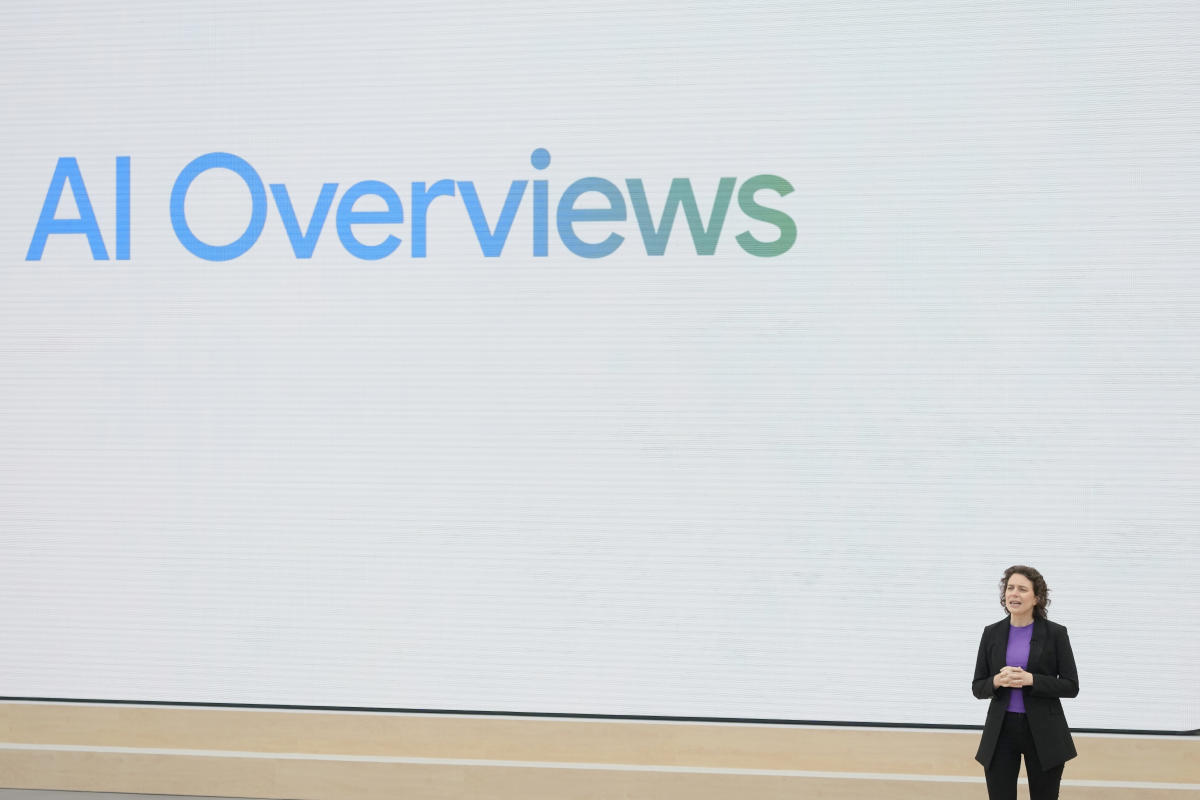
Google's New AI Search Feature Sparks Concerns Among Publishers
Google's recent overhaul of its search engine, which includes the introduction of A.I.-generated summaries, has left publishers worried about the impact on their business models.
According to reports from The New York Times and The Washington Post, Google's new feature compiles content from news sites and blogs on a topic being searched and generates summaries for users. Publishers are concerned that these summaries will reduce traffic to their sites, as users may not need to click through to the original articles.
Frank Pine, executive editor of Media News Group and Tribune Publishing, expressed his concerns about the feature in an interview with The New York Times. He stated that it could potentially choke off original content creators and lead to further cannibalization of their publications.
Google's CEO Sundar Pichai announced the new feature last year, stating that it would provide users with more comprehensive search results. However, publishers argue that they want their sites listed in Google's search results but are hesitant to allow the company to use their content for summaries due to potential traffic loss.
Publishers could try to protect their content by forbidding Google's web crawler from sharing any snippets from their sites. However, this would result in links showing up without descriptions, making them less attractive to users.
Google is not the only tech company facing challenges with A.I.-generated content. The Washington Post reported that Google's rival Microsoft Bing also faces similar issues with its own AI-powered search feature.
Despite these concerns, some experts argue that publishers need to adapt to the changing landscape of online media and find new ways to monetize their content beyond traffic.
Google has acknowledged the concerns raised by publishers and is reportedly taking steps to address them. However, it remains to be seen how this will impact the publishing industry in the long term.
Sources: The New York Times: https://www.nytimes.com/2024/06/01/technology/google-ai-search-publishers.html The Washington Post: https://www.washingtonpost.com/politics/2024/05/29/


